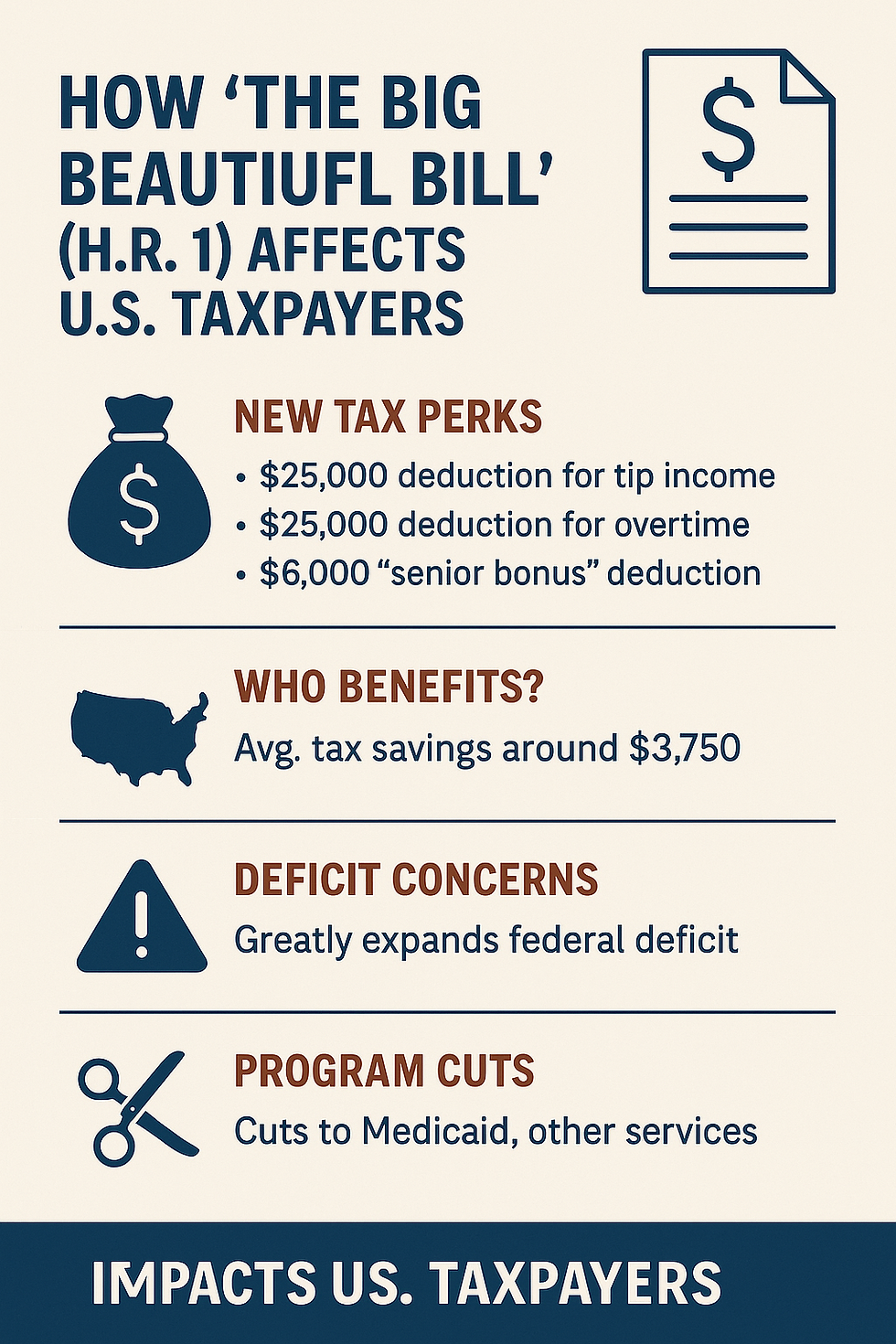Top 3 Accounting Mistakes Small Business Owners Make and How to Avoid Them
- lckconsulting
- Aug 16, 2025
- 3 min read

Running a small business is challenging, and managing your finances can feel even more daunting. Many small business owners, especially in industries such as construction, landscaping, and personal services, often find themselves making costly accounting mistakes. These errors can have long-lasting impacts on their operations and profitability. In this blog post, we will highlight three common accounting pitfalls small business owners face and offer actionable strategies to steer clear of them.
Mistake 1: Neglecting Bookkeeping
One prevalent mistake small business owners commit is neglecting bookkeeping. Some entrepreneurs think they can keep track of their finances without detailed records. This approach can quickly lead to confusion and financial mismanagement. Without proper bookkeeping, it becomes nearly impossible to monitor income, expenses, and overall financial health.
Accurate bookkeeping is vital for several reasons. It aids in preparing financial statements and filing taxes on time, saving you from late fees. Additionally, organized records can shield you from legal troubles and tax-related penalties. For instance, businesses that maintain accurate financial records reduce their chances of facing audit-related penalties by approximately 30%.
To avoid this mistake, establish a regular bookkeeping routine. Whether you decide to do it yourself or hire a professional, make sure you consistently document all financial transactions. Implementing accounting software, such as QuickBooks or Wave, can make this process more straightforward and less time-consuming.
Mistake 2: Mixing Personal and Business Finances
Another significant mistake small business owners often make is mixing personal and business finances. This mix-up can lead to chaos and complicate your accounting efforts. When personal and business expenses are intertwined, determining the actual profitability of your business becomes complicated.
This kind of financial muddle can result in significant issues during tax season. The IRS mandates a clear distinction between personal and business expenses, and failing to comply can lead to audits and steep penalties, sometimes reaching thousands of dollars.
To prevent this problem, open a dedicated business bank account and exclusively use it for business transactions. A survey by the National Federation of Independent Business found that 70% of small business owners who separate their finances report a clearer understanding of their overall financial position. Additionally, use a dedicated business credit card for any work-related purchases. This separation simplifies your accounting and gives you a clearer view of your business's financial landscape.
Mistake 3: Ignoring Financial Reports
Many small business owners overlook the importance of financial reports, such as profit and loss statements, balance sheets, and cash flow statements. Neglecting these documents can lead to poor decision-making and missed opportunities for growth. In fact, a study by the Small Business Administration found that 40% of small businesses that fail cite a lack of financial understanding as a critical reason.
Financial reports provide insight into where your money is coming from and where it is going. They can identify trends, highlight areas needing improvement, and assist in budgeting and forecasting.
To avoid this mistake, make it a habit to review your financial reports regularly. Set aside time each month to evaluate your financial performance and adjust your strategies as necessary. If you're uncertain about how to interpret these reports, consider consulting with an accountant or financial advisor. They can offer valuable guidance to help you make informed decisions.
Your Path to Better Accounting Practices
By staying vigilant and addressing these common accounting mistakes, you can enhance the financial health of your small business. Focus on consistent bookkeeping, maintain a clear separation of personal and business finances, and regularly review financial reports to set your business up for long-term success.
Remember, accounting doesn’t have to be a daunting chore. With the right practices in place, you can gain control over your finances and make informed decisions that will propel your business forward. Whether you are in construction, landscaping, or any service-based industry, adopting these strategies will empower you to navigate the complexities of accounting with confidence.
By being proactive and confronting these frequent missteps, you can dedicate your energy to what you do best—growing your business.



Comments